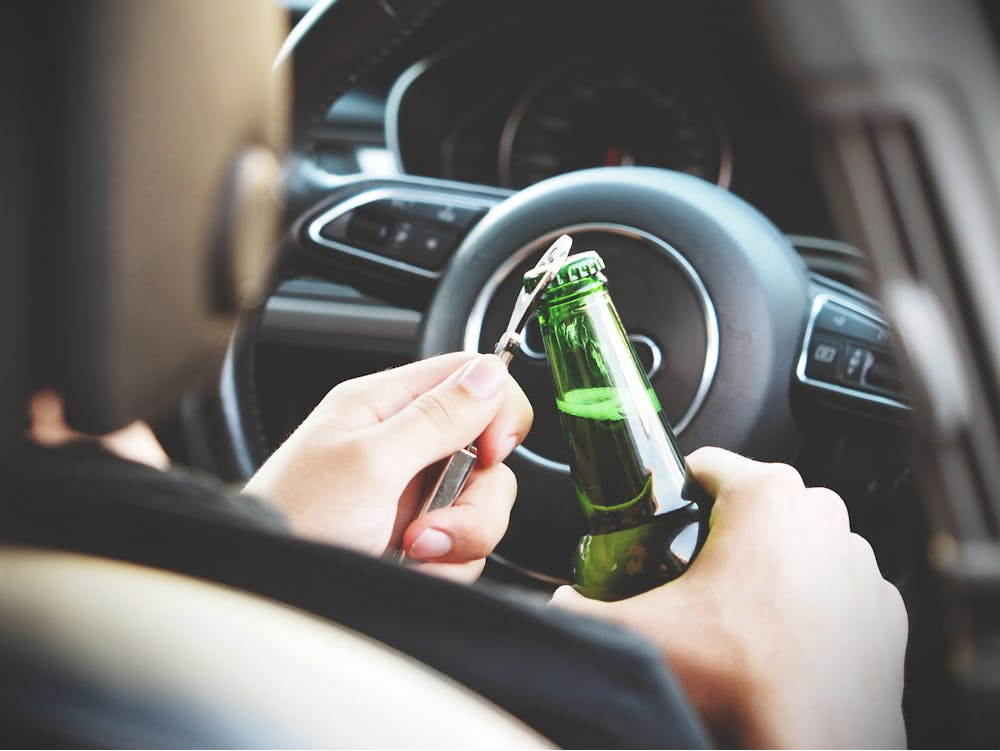Drink driving is a serious offence with legal consequences that can have a lasting impact on individuals and their communities. In the United Kingdom, strict laws are in place to deter and penalise those who drive under the influence of alcohol.
Understanding the legal process and potential outcomes of being charged with drink driving is crucial for all motorists. Let’s explore what happens when someone faces charges related to drink driving.
The Offences and Legal Limits
In the United Kingdom, the legal violations related to driving under the influence of alcohol include two offences known as “Exceeding the prescribed alcohol limit while driving or attempting to drive’ and ‘Exceeding the prescribed alcohol limit while in charge of a vehicle.” Both offenses fall under section 5 of the Road Traffic Act 1988.
The legal alcohol limits for drivers vary slightly across the UK but generally stand at the following per 100 ml of sample:
- Breath: 35 micrograms
- Blood: 80 milligrams
- Urine: 107 milligrams
However, it’s essential to note that Scotland has stricter limits than England, Wales, and Northern Ireland.
Consequences of Being Caught Drink Driving
When the police suspect a driver has been drinking, they can request a breath test. Refusal to comply with a breath test without a valid excuse leads to immediate arrest. If the initial breath test indicates a positive result, the individual is taken to a police station for a confirmatory test. Failing to take either of these tests without a reasonable excuse constitutes an offence.
Even if a person is not actively driving but is found to be over the legal alcohol limit while in charge of a vehicle, they can still face charges.
Sentencing and Penalties
The consequences for individuals convicted of drink driving can be significant and vary depending on the circumstances of the offence. In instances of driving or attempting to drive with excess alcohol, the penalties can be severe, including potential fines without limit and imprisonment for up to six months.
A minimum disqualification period of 12 months for driving may be imposed for drink driving. However, participation in a drink-drive rehabilitation scheme (DDRS) may reduce the disqualification period.
On the other hand, for the offence of being in charge of a vehicle with excess alcohol, the maximum penalty may involve a fine of up to £2,500 and a prison term of up to three months. It is also possible to lose your driving licence or receive ten penalty points.
Factors Affecting Sentencing
Sentencing in drink driving cases considers various aggravating and mitigating factors. Aggravating factors such as previous convictions, involvement in accidents, or carrying passengers under the influence can increase the severity of the sentence. Conversely, mitigating factors like no prior convictions, genuine emergencies, or spiked drinks can lead to a more lenient sentence.
Pleading guilty may also result in a reduced sentence, although it does not necessarily reduce the disqualification period.
Conclusion
The consequences of drink driving extend beyond legal penalties and fines. The potential for accidents, injuries, and loss of life underscores the importance of responsible alcohol consumption and adherence to traffic laws.
Understanding the legal implications and seeking alternative transportation options when under the influence are essential steps in ensuring road safety for everyone. Remember, the decision to drink and drive not only jeopardises individual lives but also endangers the well-being of the entire community.


